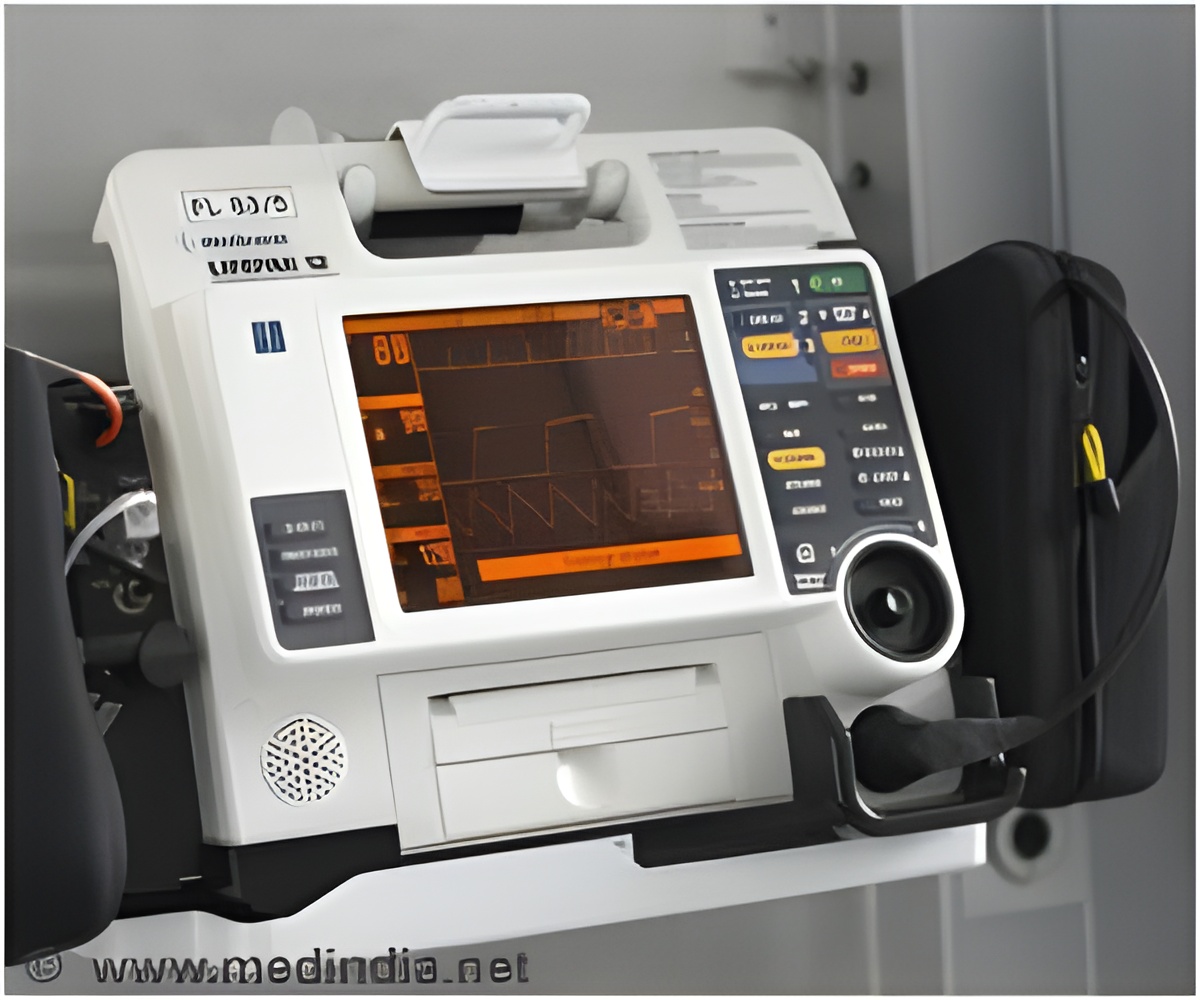
The patient had suffered damage to his heart from a large heart attack in October and his heart was pumping at a low efficiency of only 25-30 percent. He had undergone angiography and angioplasty with three stents after the heart attack and was breathless on occasions. In view of his poor heart function and the risk of sudden death, the decision to implant the subcutaneous ICD was taken by doctors at the Fortis Escorts Heart Institute.
"This first case of S-ICD in India will be a strong hope for several potential ICD patients who could be at risk of sudden death, including those with poor veins and those at high risk for major infection associated with a transvenous lead. It is only a matter of time and as this technology becomes more pervasive and affordable to offer patients yet another choice for an enhanced recovery," Fortis Escorts Heart Institute chairman Dr Ashok Seth said.
"Sudden cardiac death is a major public health problem in India and accounts for about 10 percent of all deaths in India. Nearly 80 percent of these deaths are due to ventricular arrhythmias, a large number of which can be prevented by timely resuscitation," he added.
The S-ICD is manufactured by a US-based Boston Scientific and was launched in India around two months ago.
Source-ANI









